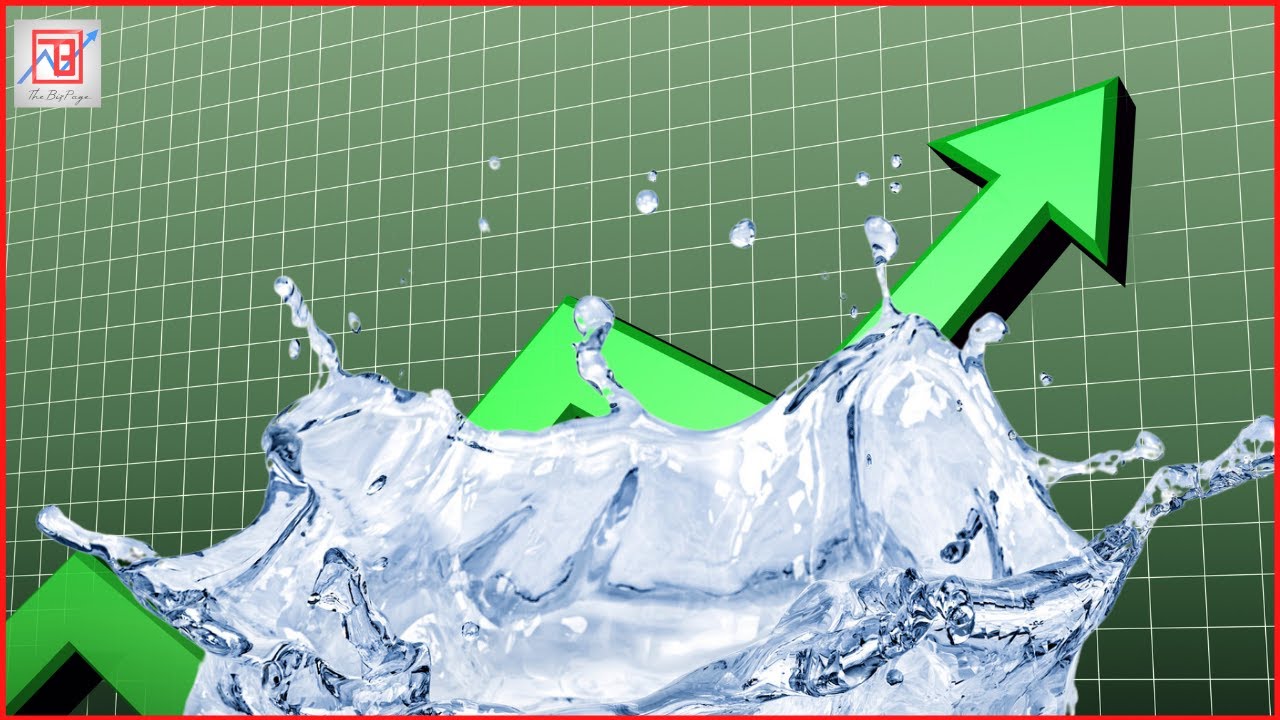As global water scarcity continues to escalate due to population growth, climate change, and urbanization, the need for efficient water management solutions has never been more critical. In response to this challenge, the water trading is experiencing waves of innovation, driven by emerging trends that are reshaping the landscape of water resource allocation, management, and conservation. From digital platforms and smart technologies to policy reforms and mechanisms, these trends are revolutionizing the way water is valued, traded, and utilized across industries and regions.
One of the most significant trends shaping the water trading is the adoption of digital platforms and technologies to streamline water transactions and enhance transparency. Digital water places and trading platforms leverage data analytics, machine learning, and blockchain technology to facilitate peer-to-peer water trading, automate transactions, and provide real-time insights into water availability, pricing, and demand. These platforms enable water users, such as farmers, municipalities, and industrial facilities, to buy, sell, and lease water rights more efficiently, promoting liquidity and equitable distribution of water resources.
Moreover, the rise of smart Water Trading technologies is revolutionizing water management practices by enabling real-time monitoring, optimization, and control of water systems. IoT (Internet of Things) sensors, remote sensing technologies, and predictive analytics empower water managers to detect leaks, optimize irrigation schedules, and prevent water waste more effectively, thereby conserving water resources and reducing operational costs. Additionally, smart meters and water management software enable utilities and municipalities to implement demand-side management strategies, such as tiered pricing and water conservation incentives, to encourage responsible water use among consumers.
Furthermore, policy reforms and regulatory initiatives are driving innovation in the water trading by creating incentives and frameworks to encourage water conservation, efficiency, and sustainability. -based mechanisms, such as water rights trading, water banking, and water s, are gaining traction as tools to allocate water more efficiently, incentivize conservation practices, and promote ecosystem restoration. Additionally, water pricing reforms, water regulations, and cap-and-trade schemes are being implemented to internalize the true cost of water and encourage more sustainable water use practices across sectors.
*Note:
1. Source: Coherent Market Insights, Public sources, Desk research
2. We have leveraged AI tools to mine information and compile it



